Podcast Episode #11: Trust Your Gut
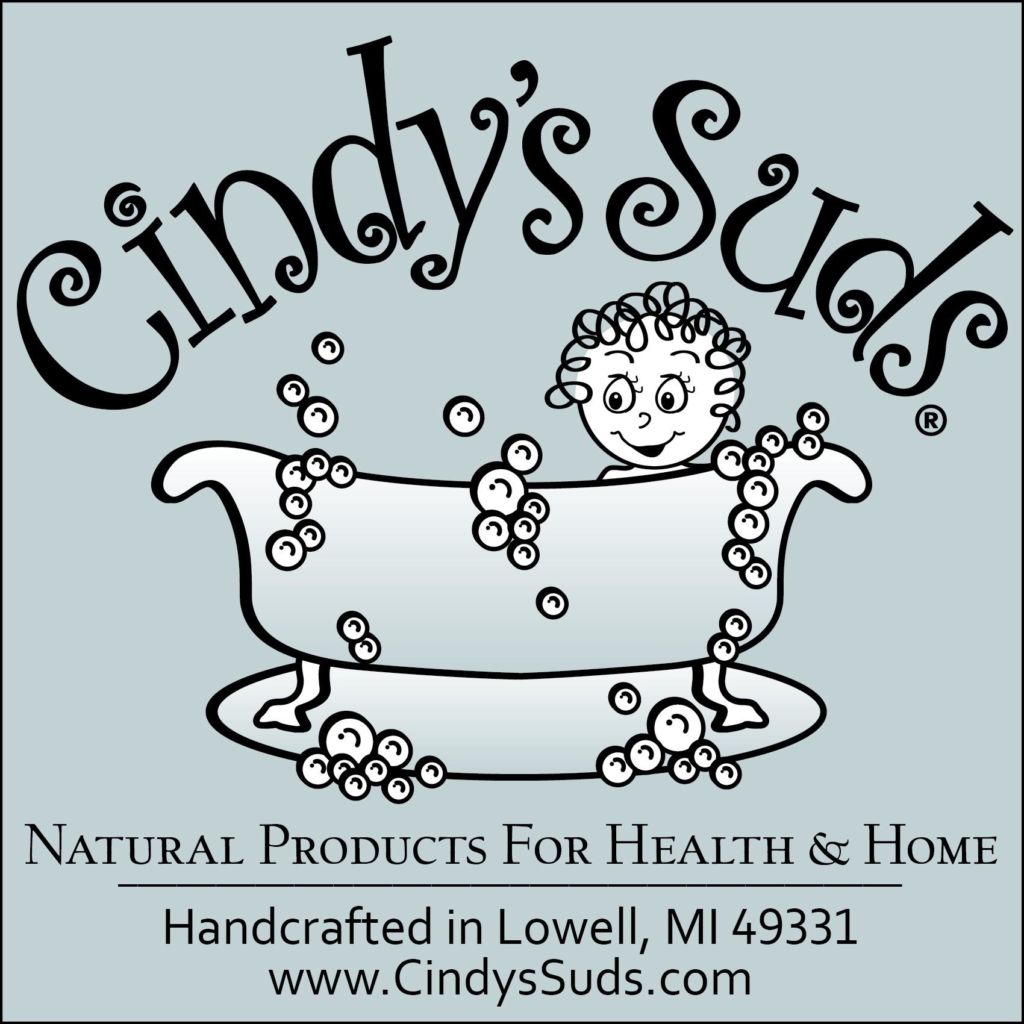
In this episode of Ask the Doulas, Alyssa talks with Cindy about the importance of trusting your gut instincts as a mom. You can also listen to this podcast on iTunes. Alyssa: Hi, welcome to Ask the Doulas. I am Alyssa, co-owner and postpartum doula at Gold Coast Doulas. Today’s show is sponsored by Cindy’s […]
Podcast Episode #10: Dealing with Modern Medicine and Your Mother-in-Law

On this episode of Ask the Doulas, Alyssa and Cindy talk about dealing with input from family members, including your mother-in-law, about parenting and about the role modern medicine plays in being a parent. You can also listen to the podcast on iTunes. Alyssa: Hi, welcome to Ask the Doulas with Gold Coast Doulas! This […]
Podcast Episode #9: How to Handle a Six-Week NICU Stay

On this episode of Ask the Doulas, Tricia talks about her experience with her twins staying in the NICU for six weeks. You can also listen to this podcast on iTunes. Alyssa: Hi, welcome to another episode of Ask the Doulas with Gold Coast Doulas. I am Alyssa, co-owner and postpartum doula, and today we’re […]
Podcast Episode #8: Kristin’s Experience with the NICU
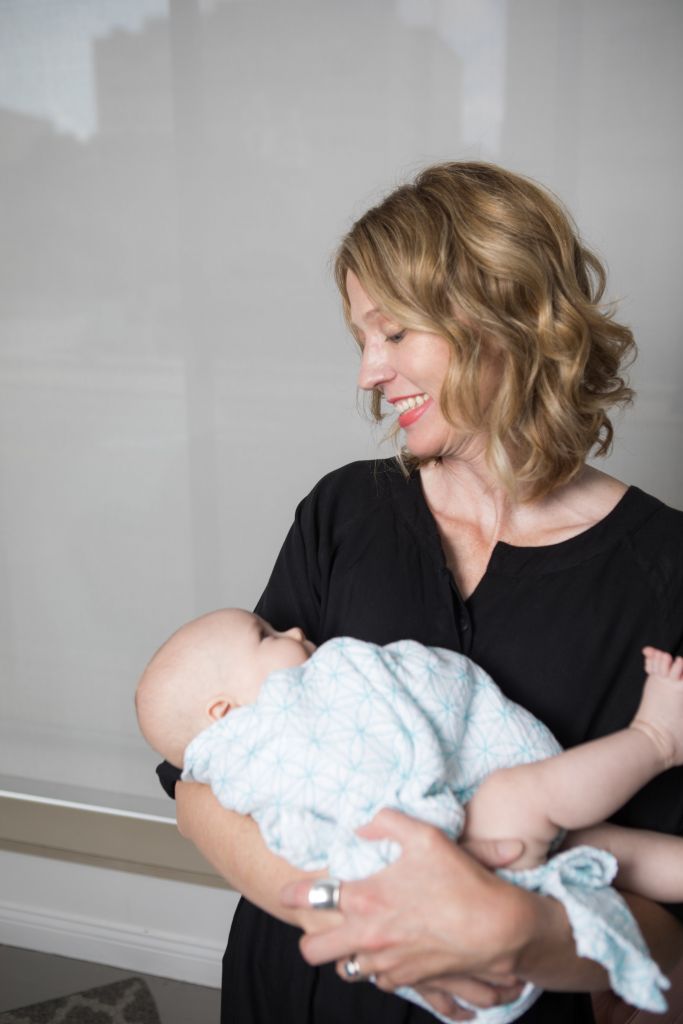
In this episode of Ask the Doulas, Kristin shares her experiences with the NICU when her daughter was born. You can listen to this complete interview on iTunes. Alyssa: Hi, welcome back to another episode of Ask the Doulas with Gold Coast Doulas. I am Alyssa, and we are talking to my partner Kristin today. […]
Sleep Training is a Four Letter Word

Sleep Training. Those two words can stir up some pretty aggressive emotions for some parents. I guess it’s because there are so many methodologies, many of which are controversial, and there are so many different thoughts on parenting and what is right and wrong. My answer is there’s no one way to do this! If […]
Podcast Episode #5: Why Choose Natural Products for Your Baby’s Body?

In this episode of Ask the Doulas, Cindy and Alyssa talk about the benefits of choosing natural care products for your baby and your household. You can listen to the complete podcast on iTunes. Alyssa: Hi, welcome to Ask the Doulas with Gold Coast Doulas. Today we are talking to Cindy, creator and owner of […]
Podcast Episode #2: Having Kids Later in Life – Kristin’s Birth Journey

In this episode of Ask the Doulas, Kristin shares about her birth experiences and how she started the journey to become a birth doula. You can listen to this complete podcast on iTunes. Alyssa: Welcome to another episode of Ask the Doulas with Gold Coast Doulas. I am Alyssa, co-owner and postpartum doula, and […]
Podcast Episode #1: One and Done! Alyssa’s Doula Journey
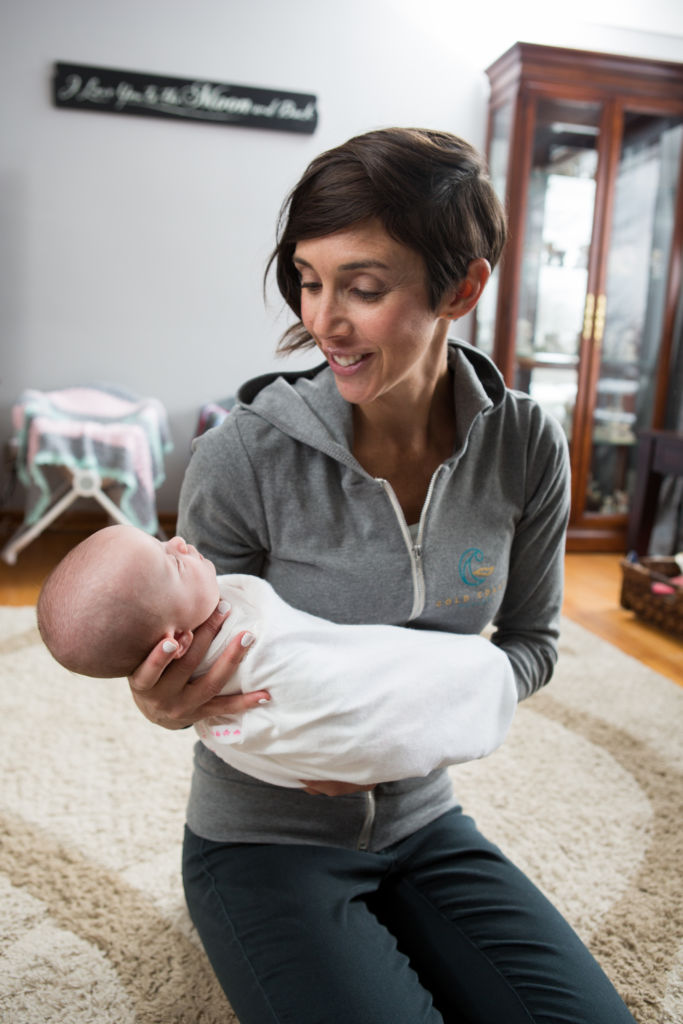
In this episode of Ask the Doulas, Alyssa shares about her birth experience and her decision to have only child, as well as her journey to becoming a postpartum doula. You can listen to the complete podcast on iTunes. Kristin: Welcome to another episode of Ask the Doulas with Gold Coast Doulas. I’m Kristin. […]
Make Your Hospital Room Feel Like Home
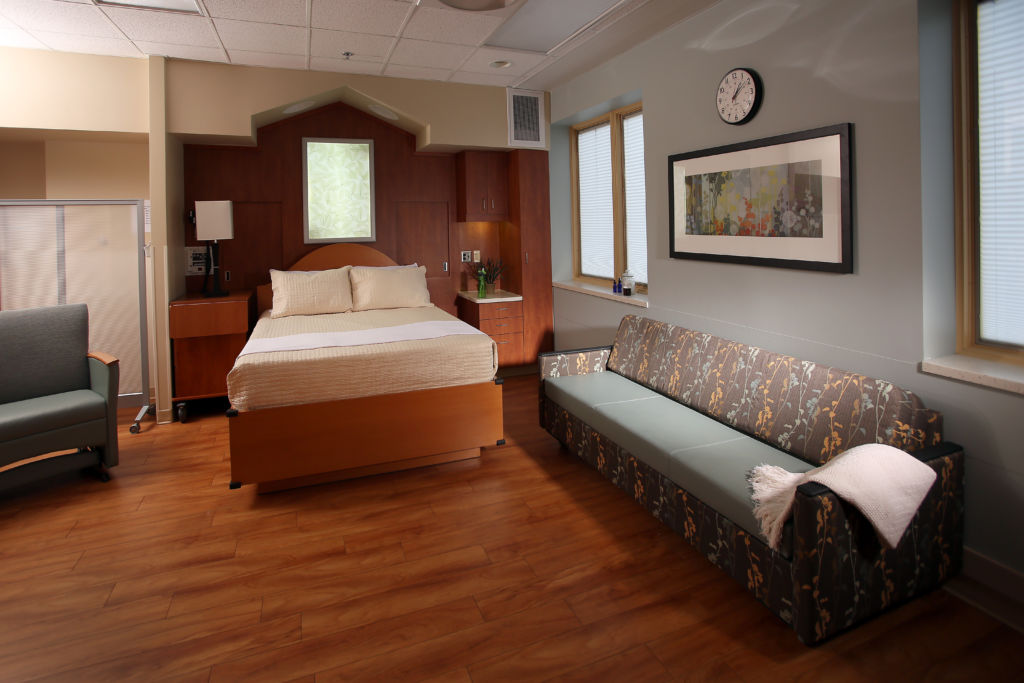
Today’s blog comes from one of our past birth doulas, Courtney Garvelink. Her experience with birth clients, as well as being a licensed massage therapist and previous HypnoBirthing instructor, makes her an expert on comfort measures in the delivery room. See what she has to say about making your hospital birth feel more like home. […]
[un]common sense: Buy them what they asked for

[un]common sense is a blog about navigating through everyday life, using some common sense tips to make it just a bit easier, and sometimes a little more fun. Alyssa is a wife, mother, and postpartum doula who has some tricks up her sleeve and wants to share them with the world. Well now, don’t you […]
Can My Body Make Enough Milk?
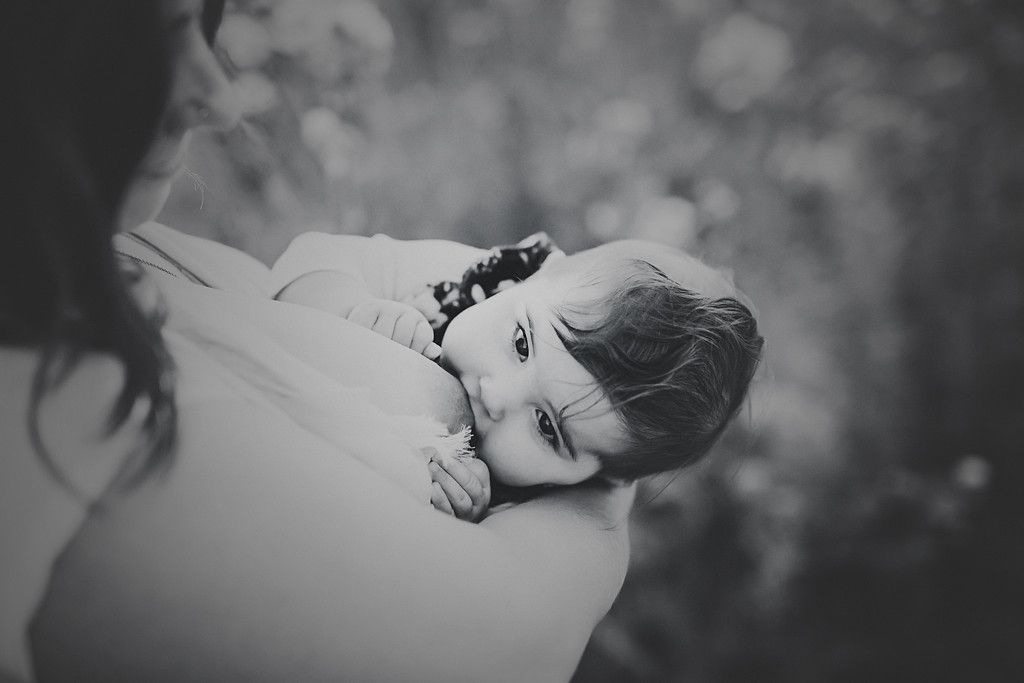
Fact: Most breastfeeding mothers, at one time or another, worry about their milk supply. They wonder whether their body will make enough milk for their baby; if their supply will last. Not surprising, since most of us have heard stories about moms who, despite wanting to breastfeed, reported not being able to; their milk dried […]
Postpartum Depression & Anxiety Resource List

After our recent event at the Wealthy Street Theatre where we screened ‘When the Bough Breaks – A Documentary about Postpartum Depression’ we realized that there are many great resources available to our community, but people may not know how to find them. We at Gold Coast, with the help of Cristina Stauffer, have compiled […]
Gold Coast Gives Back
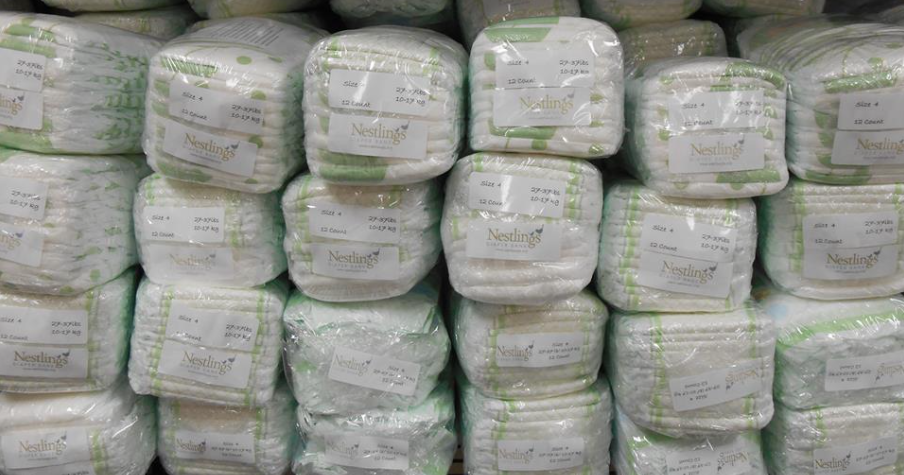
In case you haven’t heard, Gold Coast Doulas is holding our annual Diaper Drive the entire month of September! Why do we care so much about diapers? Diapers are a basic health necessity for babies and are not provided by government assistance programs, but are one of the top un-met needs of low-income families. The inability of […]
The Modern Grandparent
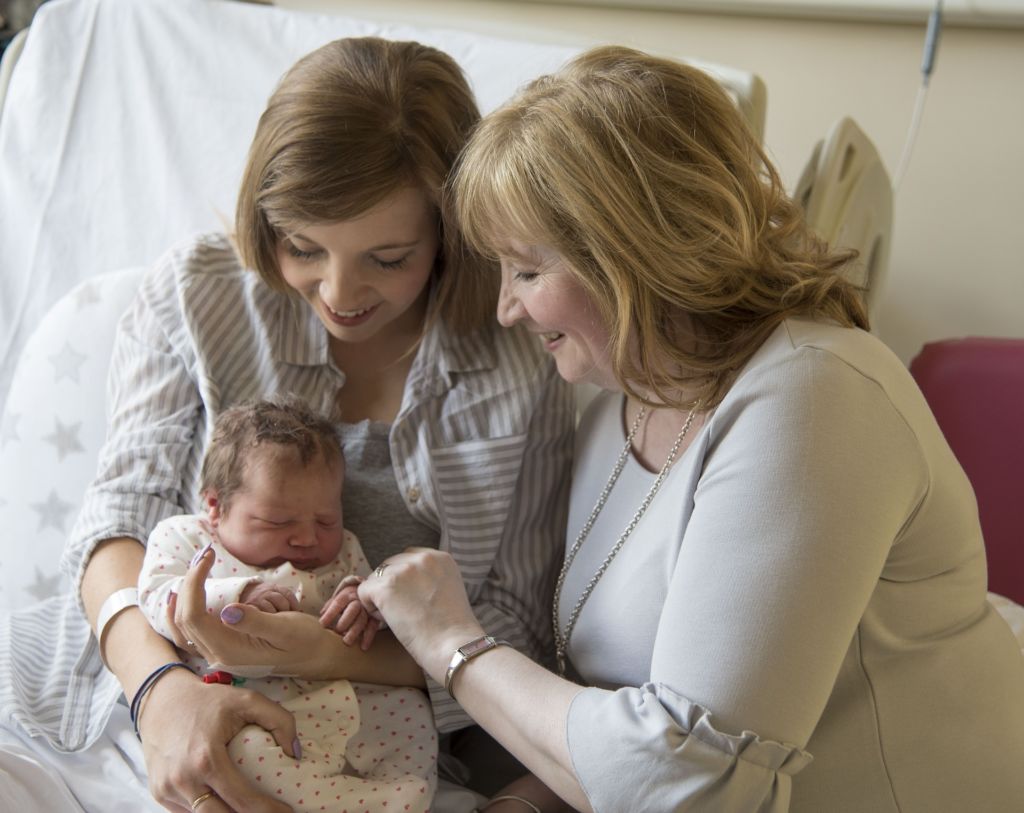
Understanding the Modern Parent First of all congratulations on becoming a Grandparent! Whether this is your 1st or 5th, it is a very excited time for the whole family. Gold Coast Doulas offers in-home private classes for The Modern Grandparent. We are not currently offering group classes. This 2 ½ hour class will break down […]
How my son with Down syndrome has changed my life.
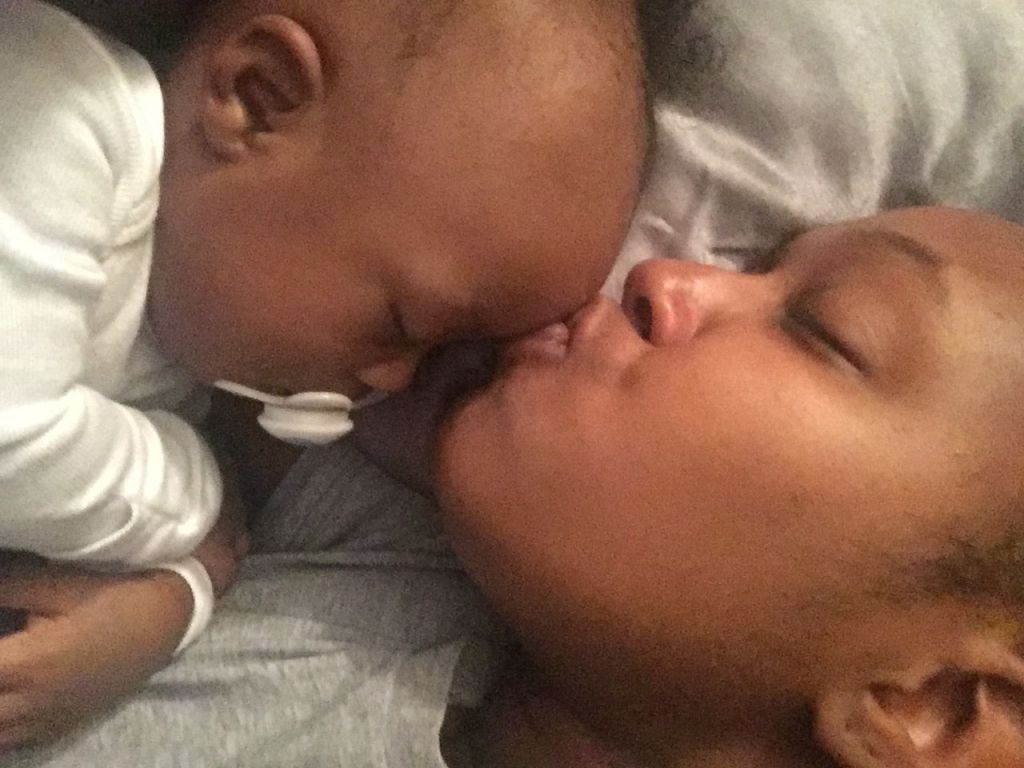
We recently had the opportunity to interview our guest blogger, Alisha, about her experience as a mother of a child with Down syndrome. Read on to find out about her amazing journey. On October 27th, 2016, Alisha found out her son Mason was born with Down syndrome. What went through your mind? A lot of […]


